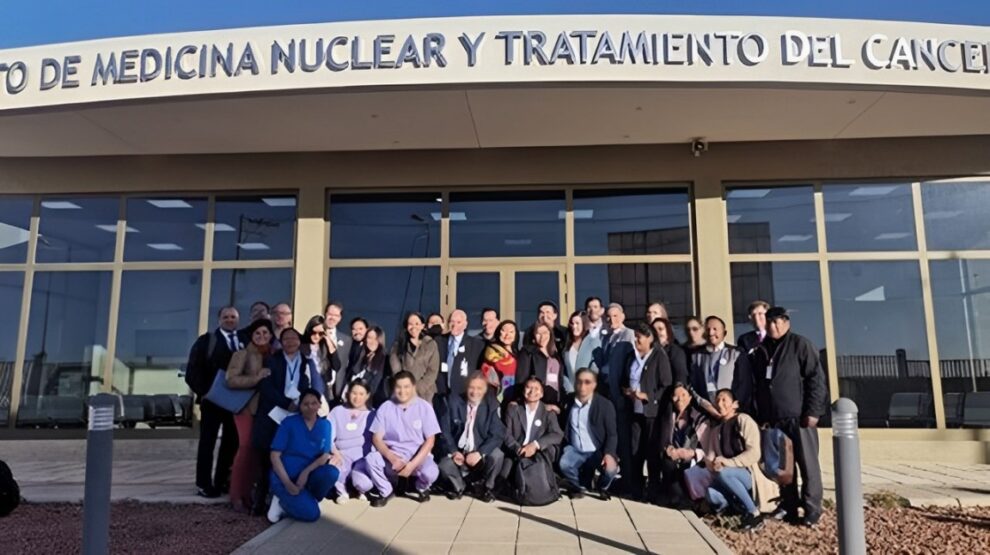Bolivia hosted an imPACT Review mission led by IAEA, WHO, and IARC to assess its cancer care system. Experts spent ten days evaluating Bolivia’s infrastructure, from prevention to treatment, identifying key areas for improvement.
Cervical cancer is a major concern in Bolivia, with the highest incidence rates in the region. The centralization of services in major cities limits access for rural populations, making equitable care a challenge.
The mission emphasized expanding HPV vaccination and testing, particularly in underserved areas. It also recommended better coordination across cancer control efforts to improve patient outcomes.
Improvements are needed in cancer care infrastructure, technology, and human resources. Long waiting times and the need to travel for treatment highlight the need for resource optimization and investment in key areas like radiotherapy.
The mission also focused on cancer data collection. It recommended standardizing cancer registries and improving pathology services to enable better planning and faster interventions, shaping Bolivia’s National Cancer Control Plan.










